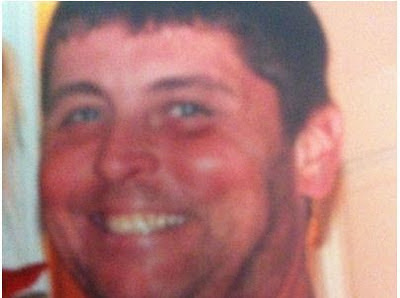For the first time in its history, the Hamilton Police Services Board debated and approved its operating budget in public Monday night.
It took just over an hour for the seven-member board to approve — though not unanimously — the $135.7-million net operating budget, up 3.43 per cent over 2011, at a special meeting held at City Hall.
Despite being “satisfied” by answers to his many questions, Councillor Terry Whitehead was the only member to vote against the budget. It’s a “good budget,” he said outside council chambers. But he needs to remain “credible” in the budget process with the rest of council — they’re seeking an overall 0 per cent increase.
“I don’t want to be locked in,” he said, adding the problem with the police budget “boils down to salaries, which (the board) has no control over.”
Nearly 88 per cent of the budget is eaten up by salaries, pensions and benefits, negotiated through collective agreements in place until the end of 2012.
During the public meeting, Mayor Bob Bratina, also vice chair of the police board, said he wants a 0 per cent overall increase, but a “sustainable 0 per cent.”
The city needs to find $18 million in savings, but it isn’t in the police budget, he said.
City council still needs to approve the police budget. It does not have the power to debate it line by line.
According to the budget document, there is no “growth” in police expenses, rather just a $5.8-million increase in expenses needed to “maintain services.”
Outside of salaries, pensions and benefits, many of the budget increases are under the training category, including a 243.35 per cent increase to $8,000 for the mounted unit and a 155.64 per cent increase to $32,850 for the homicide unit.
The funds will cover an RCMP training course, sensory device training and national meeting for the mounted unit. The homicide unit will use its funds to train an officer to administer polygraph tests.
When asked after the meeting how much of the training budget is for provincially mandated training, Chief Glenn De Caire said he didn’t have those figures available.
One of the biggest increases in the budget is $234,930 for building repairs to the east-end station, including an upgrade to the automation system, roof repairs and gym lighting. That’s a 222.13 per cent increase over 2011.
Many of the savings in the 2012 budget are under the heading “equipment,” including an 84.85 per cent reduction to $500 in the break enter, auto theft and robbery (BEAR) unit’s budget and a 71.43 per cent reduction to $8,000 in the vice and drug unit’s budget.
Equipment is a “double-edged sword” in the budget, De Caire said, adding the service is trying to make equipment last longer.
Before taking questions from the board, De Caire made a presentation in which he explained why funds are needed. Crime rates may be on a downward trend, but that’s because of policing practices, he said.
Hamilton faces the second highest rate of violent crime of the big 12 police services across Ontario and the city would have to hire 220 officers to meet the average provincial officer-to-population ratio, he said.
Reducing the budget to a 2 per cent increase would mean 30 layoffs, to 1 per cent would mean 47 layoffs, and to 0 per cent would mean 71 layoffs, he said.
It’s not clear how these figures were calculated.








